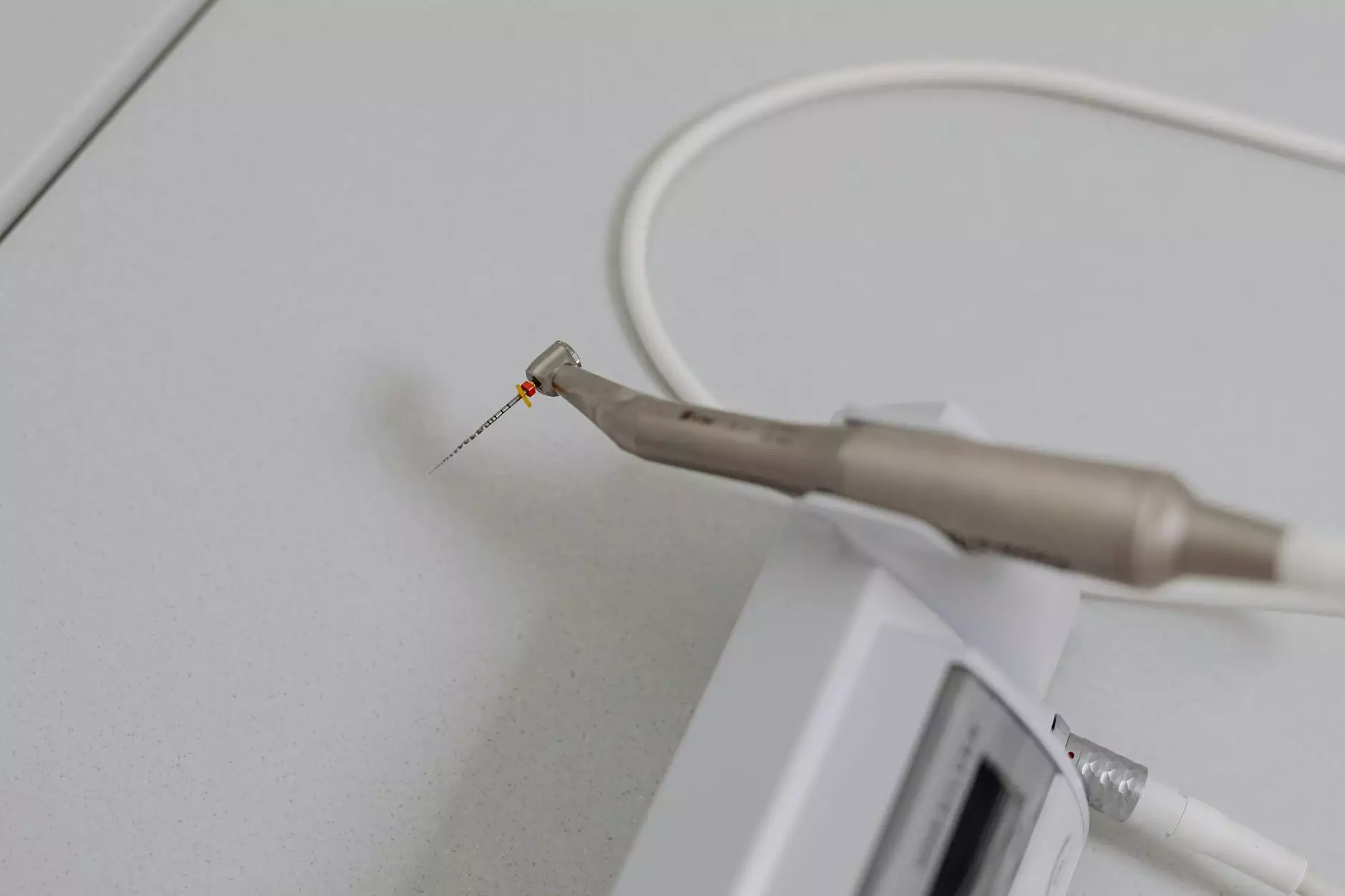Understanding Dental Implants Prices: A Comprehensive Guide

When it comes to dental health, few procedures offer as significant an improvement in quality of life as dental implants. However, many potential patients find themselves pondering the crucial question: what are dental implants prices? This article will provide a thorough overview of dental implant costs, including factors that influence these prices, financing options, and how to choose the best dental care provider. Armed with this knowledge, patients can make informed decisions about their dental health.
What Are Dental Implants?
Dental implants are artificial tooth roots made from biocompatible materials, surgically placed in the jawbone to secure crowns, bridges, or dentures. They provide a permanent solution for missing teeth, restoring functionality and aesthetics. The ability to eat, speak, and smile with confidence again is invaluable, but understanding the costs involved is essential.
Factors Influencing Dental Implants Prices
The price of dental implants can vary significantly based on several factors. Let’s delve into the key elements that contribute to the overall cost:
1. Type of Implant
There are various types of implants, including:
- Endosteal Implants: These are the most common type and are implanted directly into the jawbone.
- Subperiosteal Implants: These are placed under the gum but above the jawbone, ideal for patients with insufficient bone height.
The type of implant chosen will affect the final price, with endosteal implants typically being more expensive due to their higher success rate and durability.
2. Expertise of the Dentist
The dentist’s experience and credentials can also impact costs. Highly skilled and experienced dental surgeons may charge more for their expertise, but this often results in better outcomes and fewer complications.
3. Geographic Location
The cost of living in your area can influence dental implant prices. Urban centers often have higher costs compared to rural areas, so it pays to shop around and compare prices without compromising on quality.
4. Diagnostic Testing
Before the procedure, diagnostic tests such as X-rays or CT scans may be necessary to assess jawbone structure. The costs of these tests are typically added to the total price of dental implants.
5. Additional Procedures
Some patients may require additional procedures prior to receiving implants, such as:
- Bone Grafting: If the jawbone is too weak or thin, a graft may be necessary.
- Sinus Lift: This procedure raises the sinus floor when implants are placed in the upper jaw.
These additional surgeries increase the total dental implants prices significantly.
6. Type of Restoration
After the implant is placed, a crown or bridge is attached. The material chosen for the restoration will also affect costs. Options include:
- Porcelain: Aesthetically pleasing and durable but can be more expensive.
- Metal/Porcelain Mix: Offers a balance between cost and aesthetics.
- Full Metal Crowns: Typically more durable but less aesthetically pleasing.
The Average Cost of Dental Implants
While prices can range widely based on the factors outlined above, the average cost of a single dental implant typically ranges from $3,000 to $4,500 per implant, including the abutment and crown. For multiple implants, the cost increases, but many providers offer package deals that can save money.
Breakdown of Dental Implants Prices
Here is a typical breakdown of costs associated with dental implants:
- Initial Consultation: $150 - $300
- X-rays and Imaging: $100 - $500
- Bone Grafting (if needed): $300 - $3,000
- Dental Implant Placement: $1,000 - $3,000
- Abutment: $300 - $500
- Crown: $1,000 - $3,000
The total cost, therefore, can range significantly depending on the individual circumstances and needs.
Insurance and Financing Options
Dental implants are often considered a necessary procedure and may occasionally be covered by dental insurance. However, many plans limit coverage or do not cover implants at all. It's crucial for patients to check their insurance policy for details regarding coverage and potential reimbursement.
Financing Options
If insurance does not cover the procedure, many dental practices offer financing options to help manage costs. Patients can consider:
- Payment Plans: Many dentists offer in-house financing to spread payments over time.
- Healthcare Credit Cards: Specialized credit cards for healthcare costs can provide financing options.
- Personal Loans: Some patients opt for personal loans to cover the cost of their dental work.
Choosing the Right Provider for Dental Implants
When selecting a dental professional for implants, consider the following:
- Credentials: Check the dentist’s qualifications and experience in placing implants.
- Reviews and Testimonials: Look for patient reviews to gauge satisfaction and outcomes.
- Consultation: Schedule a consultation to discuss options, costs, and treatment plans.
Conclusion
Understanding dental implants prices and what factors influence these costs is crucial for anyone considering this life-changing procedure. While the initial investment may seem steep, the long-term benefits of improved oral health, function, and aesthetics often make dental implants a worthwhile expense. By researching and choosing the right provider, alongside exploring financing options, patients can confidently navigate their dental health journey.
At wupdoc.com, we are committed to providing our clients with the information and resources they need to make informed decisions about their health. Whether you are considering dental implants or exploring other treatment options, we encourage you to connect with qualified professionals who can guide you on your journey.









